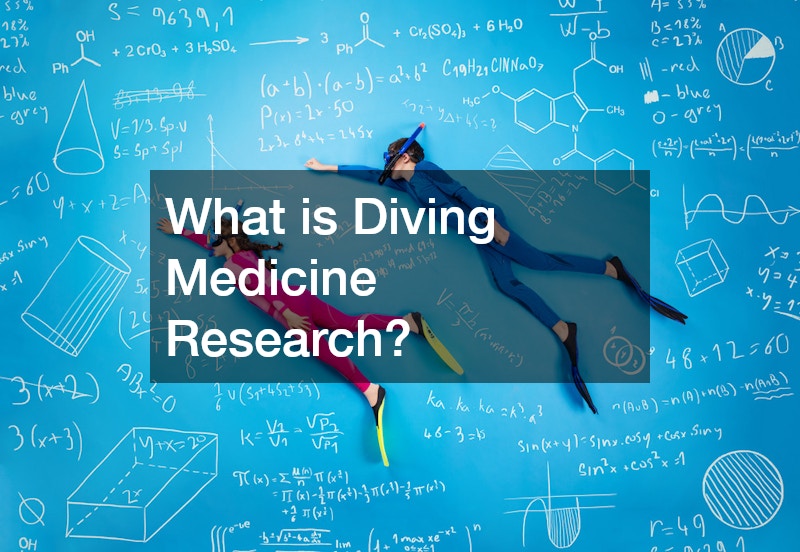What is Diving Medicine Research?

Diving medicine research is a specialized field focusing on the health and safety of individuals who engage in underwater activities, such as scuba diving, free diving, and commercial diving. This branch of medicine explores the physiological and medical challenges associated with diving, aiming to enhance the well-being and performance of divers.
At the heart of diving medicine research is the study of the human body’s response to the underwater environment.
This includes examining the effects of pressure changes, breath-hold diving, and the breathing of compressed gases. One primary area of focus is decompression sickness (DCS), also known as “the bends,” which occurs when dissolved gases, primarily nitrogen, come out of solution and form bubbles in the bloodstream and tissues as a diver ascends too quickly. Researchers develop and refine decompression tables and algorithms to minimize the risk of DCS.
Another critical aspect of diving medicine research is barotrauma, which involves injuries caused by pressure changes affecting air-containing spaces in the body, such as the lungs, ears, and sinuses. Studies aim to improve understanding and prevention of these injuries, ensuring divers can safely equalize pressure during descents and ascents.
Diving medicine also delves into the impacts of long-term exposure to hyperbaric environments, oxygen toxicity, nitrogen narcosis, and hypothermia. Researchers investigate the optimal breathing gas mixtures, thermal protection strategies, and pre-dive fitness regimens to enhance diver safety and performance.
Moreover, diving medicine research contributes to the development of hyperbaric oxygen therapy (HBOT), which uses high-pressure oxygen to treat conditions like carbon monoxide poisoning, chronic wounds, and certain infections.
.








